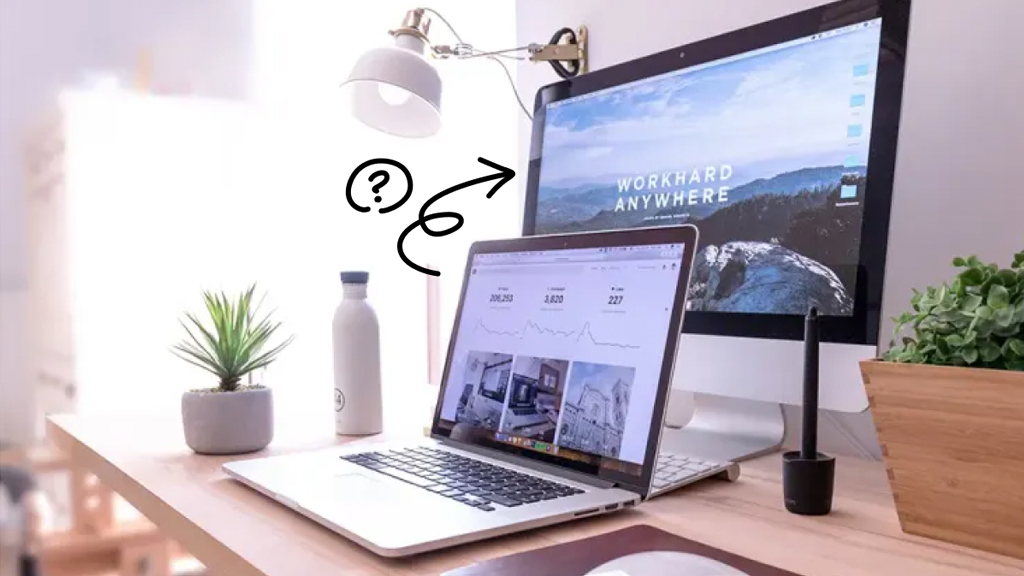
How to add a monitor to your laptop
- 29 Mar, 24
- Ali Pery

Keep it Clean: Regularly clean the exterior of your laptop with a soft, lint-free cloth to remove dust, fingerprints, and smudges. Be gentle around the screen and ports to avoid scratching or damaging the surface.
Handle with Care: Always handle your laptop with care, avoiding sudden movements or drops that could damage internal components. When transporting your laptop, use a padded bag or sleeve to protect it from bumps and scratches.
Maintain Proper Ventilation: Ensure that the vents and fans of your laptop are not obstructed by dust or other debris. Use compressed air to gently clean the vents and prevent overheating, which can lead to performance issues and hardware damage.
Protect Against Spills: Keep liquids away from your laptop to prevent accidental spills. If a spill does occur, immediately power off the laptop, disconnect it from power, and remove the battery if possible. Allow the laptop to dry completely before attempting to turn it back on.
Update Software Regularly: Keep your operating system, drivers, and software up to date with the latest patches and updates. This helps to ensure compatibility, improve security, and fix any bugs or performance issues.
Use Surge Protectors: When using your laptop at home or in an office, connect it to a surge protector to protect against power surges and fluctuations. This helps to safeguard the internal components from damage caused by electrical issues.
Avoid Extreme Temperatures: Do not expose your laptop to extreme temperatures, both hot and cold, as this can affect its performance and longevity. Keep it away from direct sunlight, heaters, and air conditioners, and avoid leaving it in a hot car or freezing conditions.
Backup Important Data: Regularly back up your important files and data to an external storage device or cloud storage service. This protects against data loss in the event of a hardware failure, theft, or accidental deletion.
Use a Laptop Stand: Consider using a laptop stand or cooling pad to elevate your laptop and improve airflow underneath. This can help prevent overheating and improve comfort during extended use.
Handle Battery Carefully: If your laptop has a removable battery, avoid overcharging or fully draining it frequently. Instead, aim to keep the battery level between 20% and 80% for optimal longevity. If you're using the laptop plugged in for extended periods, consider removing the battery to reduce wear.
By following these tips, you can ensure that your laptop remains in good condition and continues to provide reliable performance for years to come.
You need to Login OR Register for comment.
Comments (0)